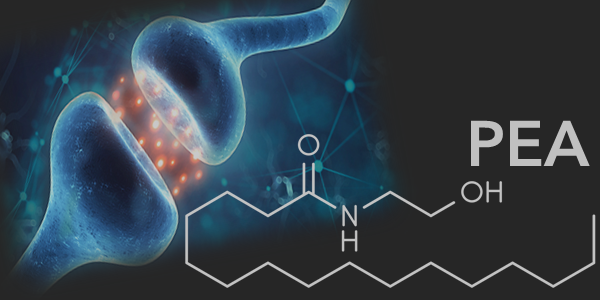Palmitoylethanolamide (PEA) is a naturally occurring fatty acid amide that has been shown to be effective in managing chronic pain. PEA works by binding to specific receptors in the body that are involved in pain perception and modulating the body's pain response.
PEA also has anti-inflammatory properties, which can help to reduce inflammation in the body, a common contributing factor to chronic pain. Additionally, PEA has been shown to promote the release of other pain-relieving compounds, such as endorphins, which can help to further reduce pain.
One of the key benefits of PEA is that it does not have the same side effects as conventional pain medications. PEA is non-toxic, does not cause addiction, and has no known interactions with other medications. This makes it a safe and effective option for those seeking to manage chronic pain without the use of prescription drugs.
PEA is available as a supplement and can be taken orally. It is important to note that the best way to use PEA for chronic pain management may vary from person to person, and it is always best to consult with a healthcare provider before starting any new supplement regimen.
In conclusion, PEA is a promising natural alternative for those seeking to manage chronic pain. Its mechanism of action, which involves reducing inflammation, promoting the release of pain-relieving compounds, and modulating the body's pain response, makes it a valuable tool in the management of chronic pain conditions.

